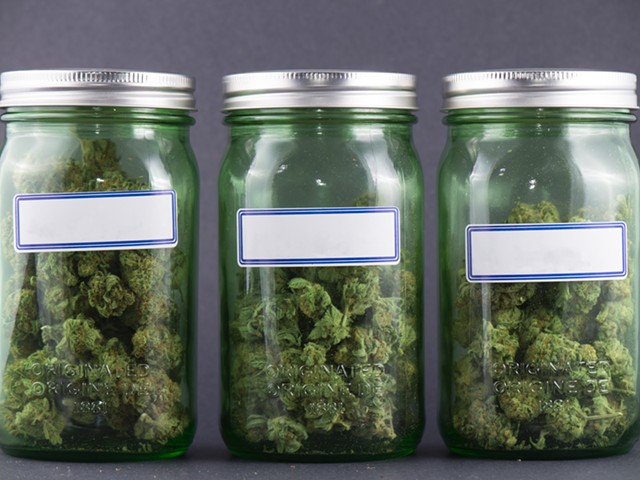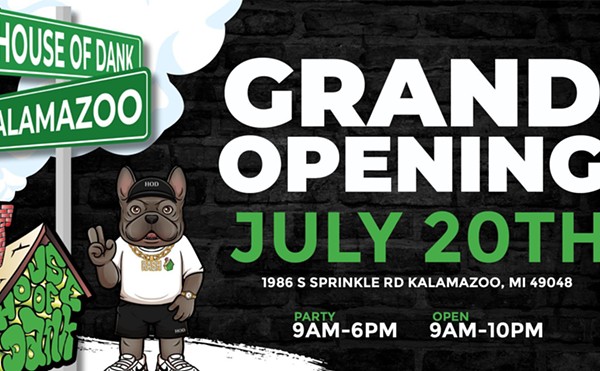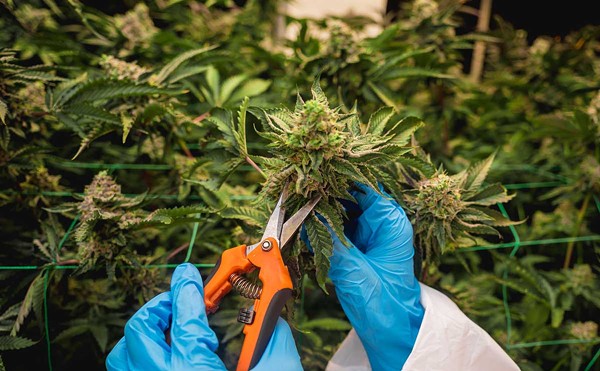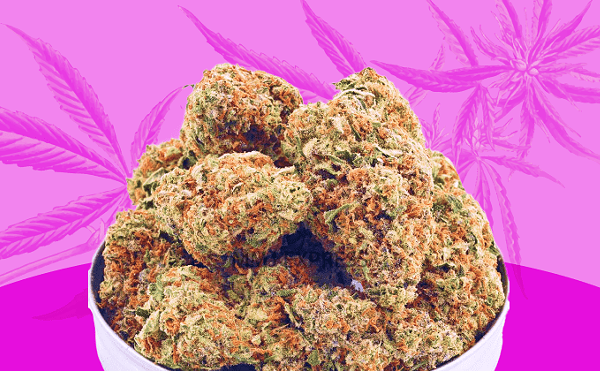Coming in from the cold isn't as easy as it may seem. One of the trickiest parts of this new medical marijuana (and potential recreational) system is bringing people out of the underground and into an openly functioning market.
While the caregiver system has been the backbone of the medical marijuana supply system these past nine years, it was only halfway there, still mostly dependent on the network of who you know and who you trust. Patients either had to grow their own or depend on a caregiver to grow some for them. Or they could buy from provisioning centers that were not wholly legal. In some areas those centers drew the ire of law enforcement and didn't stay open for long.
This system still forced people into the illegal market just because that's where the marijuana was available — and even where dispensaries were allowed. It was certainly unclear that the marijuana available in them was obtained by legal means. Supposedly, caregivers were selling the extra marijuana they had left over after taking care of their patients. Often the truth was that some caregivers grew specifically for dispensaries and there was even marijuana coming in from out west.
On the medical marijuana side, those practices will stop when the new state system comes in.
"The seed-to-sale tracking system, however, once it's up and running, will effectively eliminate caregiver sales to dispensaries," says Tim Beck of the Safer Michigan Coalition. Beck was one of the activists who helped write the original MMMA.
While some of those caregivers will be able to get grow licenses, many will be shut out simply because they don't have the half-million dollars on hand that it looks like one will need to get into the game. The numbers being floated by the Bureau of Medical Marihuana Regulation suggest that kind of money will be necessary. That means that as long as there is a recreational market out there, many caretaker will simply sell their wares on the illegal market.
There will still be a huge illegal market to be fed. Polls show that about 12 percent of Americans use marijuana. In Michigan, approximately just under 3 percent of residents have medical cards. That leaves a lot of marijuana users who are not in the medical system and plenty of opportunity for growers to find customers.
Not only that, there are supply chains that lead into and out of Michigan.
"Lots of herb produced by caregivers here in west Michigan where I live, goes directly to Chicago — or somewhere else across the border where the profit is even greater than selling to a dispensary," Beck says. "Lots of it stays in Michigan, too. In places in Michigan where there are no dispensaries, caregivers are a major supplier to the illegal market, and they make more money than they ever could if their product went to a dispensary."
Well, that's the other side of it, there's still plenty of money to be made in an unregulated market where no one is paying taxes or licensing fees. So while getting a handle on a statewide medical marijuana distribution system is a good step, it's not going to stop the black market until a recreational system is put in place.
‘The demand for legal marijuana is going to be huge. People will be flocking to Michigan from Ohio, Indiana, Wisconsin, Illinois, and I dare say other states too, to get what they need.’
tweet this
Luckily that may not be a long wait. The Coalition to Regulate Marijuana Like Alcohol has been quiet lately but they should be turning in their petitions to put recreational legalization to the vote in 2018. Their deadline is Nov. 22. Once it's on the ballot it seems that it should pass. Polls show public support for recreational legalization at over 60 percent.
From there Beck sees pastures of plenty.
"Michigan is strategically placed in the Midwest, all the other legal states are all on the East and West coasts," he says. "The demand for legal marijuana is going to be huge. People will be flocking to Michigan from Ohio, Indiana, Wisconsin, Illinois, and I dare say other states too, to get what they need. Michigan will also be a tourist destination for cannabis consumers."
That sounds good, but we're just taking first steps toward that. Since the medical marijuana vote in 2008, the new distribution system is the first proactive steps the state legislature has taken regarding marijuana. Maybe the next step will come quicker. Maybe the smell of money will speed things up.
That's Beck's expectation. "The money pie is going to be so big, there will be virtually no losers, including caregivers, for a considerable length of time in Michigan," he says.
That would be a great outcome. No losers. Nobody going to jail for a plant that grows out of the ground. One can only hope.
In the meantime, there is still going to be a whole lot of illegal marijuana drifting around Michigan.
As state LARA director Shelly Edgerton emphasized at a recent conference for prospective state marijuana facility applicants, this stuff changes day to day, sometimes hour to hour. Well, here's a change. LARA had formerly announced that all provisioning centers would have to close by Dec. 15 in order to be eligible to get a license from the state. After hundreds of patients contacted the office concerned about where they will get their medication, LARA has changed that directive.
The new guidelines also allay the fears of some facility owners that worried being open previous to the state licensure process would disqualify them from eligibility for licenses.
In a press release announcing the new policy state Bureau of Medical Marihuana director Andrew Brisbo said, "After dozens of hours of public comments, discussions with more than 100 workgroup members, and numerous letters and emails, it is clear that BMMR and the Medical Marihuana Licensing Board must enact measures that help protect medical marihuana patients and ensure they have continued access to their medicine. Through emergency rules, the Bureau and Board will not consider a medical marihuana facility's prior operation as an impediment to licensure as long as the applicant documents approval from their municipality in their application."
Facilities operating with permission from local authorities will be allowed to remain open as long as they apply for a state license by Feb. 15, 2018. If a facility has not received a license by June 15, 2018, it must close down. LARA officials expect to begin issuing licenses by April if not sooner.
It looks like the Medical Marihuana Licensing Board is listening to patients on this one and is stepping back from the attitude of "let's punish as many people as possible for being involved with marijuana" to a somewhat more enlightened approach.







